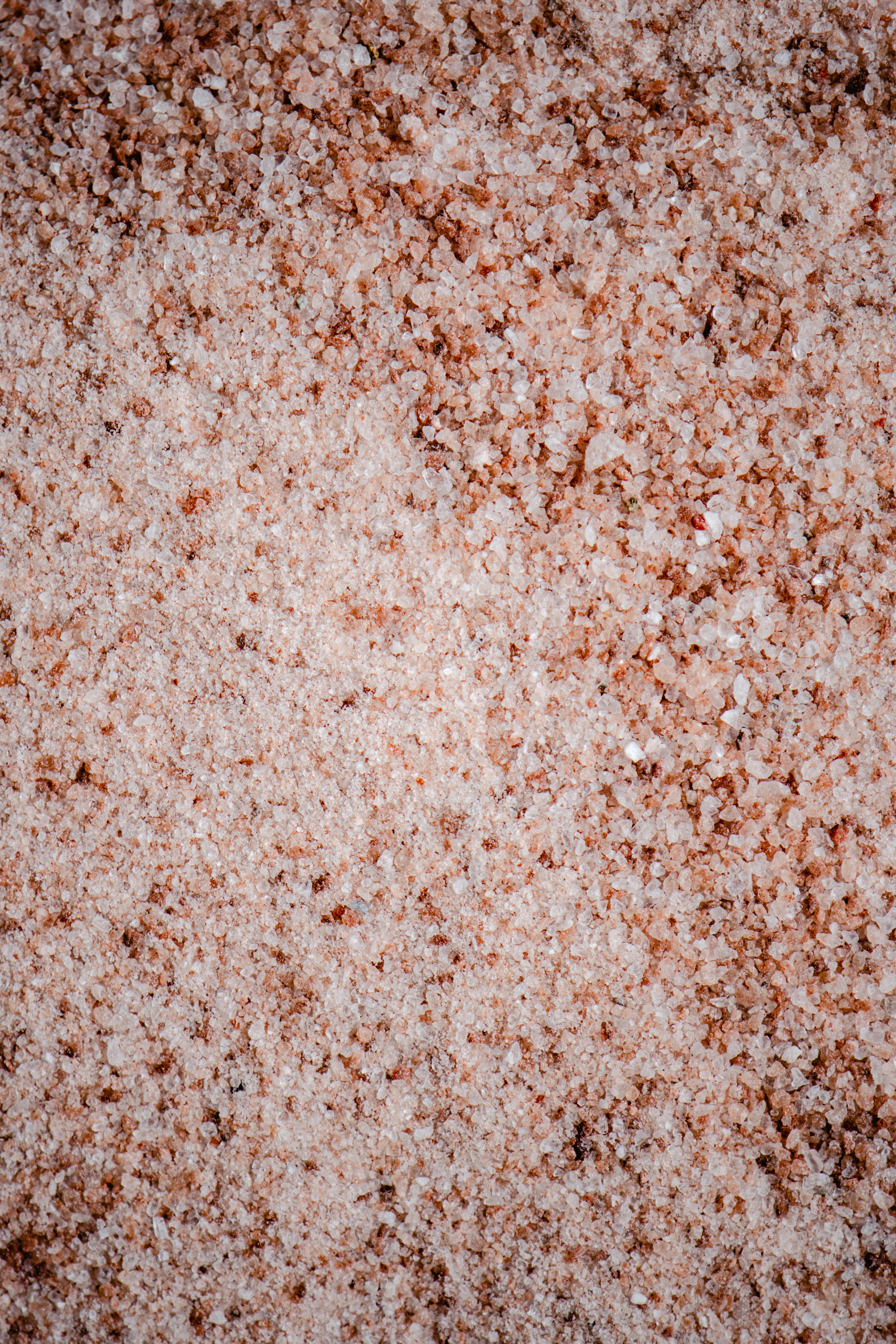Smart Ways to Choose Between Coke Zero Sugar and Diet Coke in 2025

Smart Ways to Choose Between Coke Zero Sugar and Diet Coke in 2025
As consumers become increasingly health-conscious, the beverage market has seen a significant rise in low-calorie and sugar-free drink options, particularly cola variants. Among these, Coke Zero Sugar and Diet Coke stand out, each appealing to different taste preferences and dietary needs. Understanding the differences between these two popular drinks not only aids consumers in making informed choices but also highlights the beverage trends shaping the soft drink industry today.
This article will delve into the key attributes of Coke Zero Sugar and Diet Coke, including their taste comparison, calorie count, caffeine content, flavor profiles, and health benefits. Moreover, we will explore consumer preferences and behaviors, drawing on insights into how various marketing strategies can influence brand loyalty and product selection. Whether you're aiming for refreshment or health benefits, making a choice between these two soda alternatives has never been easier.
So, if you’re ready to uncover the secrets of these iconic drinks, let’s dive in!
Understanding Taste Profiles: Coke Zero Sugar vs. Diet Coke
Building on the fundamentals of flavor expectations, the first thing to consider when debating Coke Zero Sugar versus Diet Coke is their unique flavor profiles. Coke Zero Sugar was formulated to mirror the classic Coca-Cola taste, resulting in a sweeter profile that maintains the essence of their flagship product. This has made it increasingly popular among younger consumers who prioritize consumer habits that include a preference for traditional cola flavors.
Conversely, Diet Coke is a reimagined version of Coca-Cola that focuses on a lighter, crisper taste, appealing more to those who prefer a less sweet beverage. This distinction finds its roots in Coca-Cola's marketing analysis, as different groups have shown various beverage preferences influenced by taste and health considerations. When choosing, think about what flavor appeals to you the most; this will guide your decision.
Exploring Ingredients and Sweetness Levels
Digging deeper into the beverage's formula, one must look at the ingredients. Coke Zero Sugar utilizes a blend of artificial sweeteners such as aspartame and acesulfame potassium, providing its zero-calorie quality while attempting to replicate the original Coca-Cola taste. Meanwhile, Diet Coke has its own unique combination of artificial sweeteners, leading to a noticeable taste variation. The differing levels of sweetness impact not just flavor but also consumer satisfaction, making it essential for drinkers to conduct their own taste tests.
Caffeine Content and Health Benefits
In another layer of the decision-making process, caffeine content can sway preferences towards one drink or the other. Coke Zero Sugar contains a comparable amount of caffeine to regular Coca-Cola, while Diet Coke allows for a slightly lower caffeine option depending on the region. However, both drinks can be considered relatively safe in terms of overall health when consumed in moderation. Understanding these factors can guide health-conscious consumers in selecting a drink that fits their dietary choices.
Nutritional Insights: Calories and Beyond
It’s critical to examine nutrition facts when evaluating Coke Zero Sugar and Diet Coke. Both beverages are marketed as zero-calorie beverages; however, ingredients such as sodium might differ slightly. Analyzing calorie counts alone may not tell the entire story regarding potential health risks associated with excessive consumption of artificial ingredients.
Consumer awareness around low-calorie options and their implications is growing, leading to research on sugar substitutes and their overall impact on health. Understanding caloric content in combination with your dietary restrictions can inform whether these drinks align with your health-conscious choices.
Market Trends and Consumer Preferences
Connected to the unique flavor offerings of Coke Zero Sugar and Diet Coke, it is essential to understand broader market trends affecting the soft drink industry. Research indicates an increasing inclination towards zero-calorie beverages among health-conscious consumers. This consumer behavior aligns with their growing awareness of diet culture, pushing brands to innovate and reformulate existing beverages.
Furthermore, marketing strategies that emphasize the health aspects of each product have influenced product positioning in a competitive landscape. Brand loyalty is often reflected in user reviews and taste comparisons online. Staying attuned to these trends allows consumers to make choices that resonate with their values and health objectives.
The Role of Brand Loyalty
Brand loyalty plays a significant role in consumers’ choices in the diet drink sector. Coca-Cola has cultivated a devoted customer base that often fluctuates between Coke and Diet Coke based on personal taste and dietary preferences. Understanding the psychological factors influencing consumer habits can provide deeper insights into why individuals might select one beverage over the other.
Product Variations and Innovations
As Coca-Cola innovates and tests new product variations, consumers may find themselves faced with numerous options that branch from the main offerings of Coke Zero Sugar and Diet Coke. These variations can include seasonal flavors and limited-edition releases designed to attract additional attention and sales in a competitive market.
Consumer Reviews and Taste Tests
Gathering consumer insights through social media feedback and taste tests can significantly impact the decision-making process. Companies frequently rely on taste evaluations and reviews to gauge customer satisfaction and optimize their product formulations. Evaluating diet soda reviews across diverse platforms ensures consumers receive information tailored to their preferences, ultimately guiding them to their preferred beverage choice.

Health Risks and Nutritional Assessments
While exploring soft drink types, it’s crucial to understand potential health risks associated with regular consumption. Despite being marketed as zero-calorie options, both Coke Zero Sugar and Diet Coke contain artificial sweeteners, which have raised concerns based on varying research. Assessing these products in context with dietary guidelines will empower consumers to make informed decisions aligned with their health objectives.
Evaluating Artificial Sweeteners
Consumer awareness regarding artificial sweeteners is an ongoing topic of debate within the health community. Research has indicated that while these ingredients offer a sugar-free solution, they carry potential side effects. Understanding how various sweeteners work and their long-term health implications can be beneficial for those considering low-sugar options.
Caloric Impact on Diet Choices
Cognizant of the caloric impact and nutritional value of beverages, consumers should think critically about their overall soft drink consumption. While both Coke Zero Sugar and Diet Coke fit well into a sugar-free diet, moderation remains key, particularly in light of health perceptions surrounding artificial ingredients. Evaluating overall consumption patterns may lead to smarter, health-conscious choices when it comes to hydration options.
Connecting Health Insights to Consumer Choices
Ultimately, a thorough understanding of how diet beverages impact health allows consumers to navigate product selections more effectively. Reviewing the latest research in the context of beverage evaluations empowers individuals to prioritize options that align with their dietary goals while ensuring they’re making choices that prioritize overall well-being.

Conclusion: Making an Informed Choice
In a fast-evolving beverage market, the decision between Coke Zero Sugar and Diet Coke goes beyond just taste. By exploring the various attributes, health benefits, and consumer behaviors, you can position yourself to make the best choice that aligns with your preferences and desired health outcomes. Conducting your own taste tests, reviewing nutrition information, and understanding consumer feedback can enhance your decision-making process.
Emphasizing flavor, health, and informed choices, you can confidently enjoy these options while remaining attuned to market trends. Whether you gravitate toward the classic taste of Coke Zero Sugar or the crisp profile of Diet Coke, informed beverage choices can lead to both satisfaction and well-being.
Stay updated with ongoing soft drink innovations and let your taste preferences guide your beverage journey!